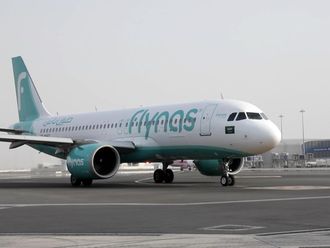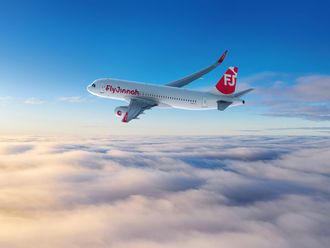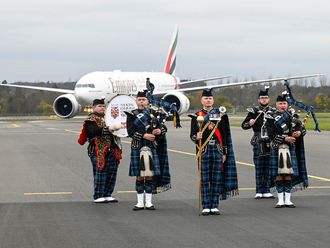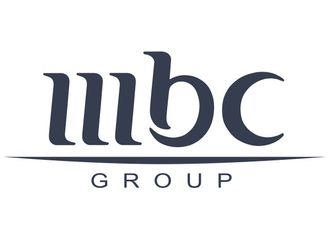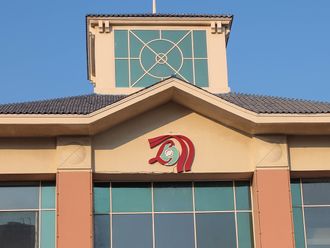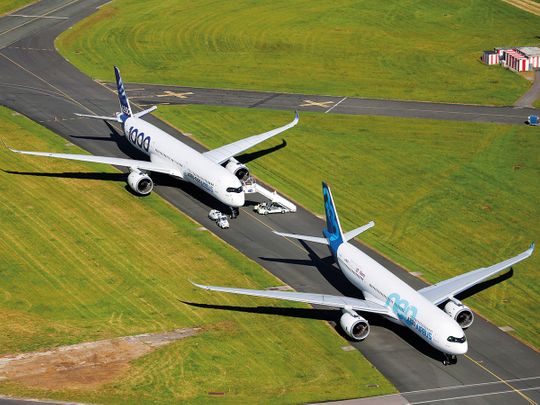
Dubai: Qatar Airways and Airbus both have reasons to be pleased after a judge in a UK court decided a ‘speedy trial’ would be the right way to settle the bitter dispute between the two. A dispute that has its origins on the paint job done to the Airbus A350s delivered – and on order – to the Qatari flag carrier.
The trial will now go ahead in the summer of 2023.
Qatar Airways said it was ‘extremely pleased’ with the court’s decision. “We entered into this process to secure an expedited trial and early disclosure from Airbus that will give us an insight into the true nature of surface degradation affecting the A350s,” said the airline in a statement after the judge delivered his verdict. “We will finally be able to assess the cause of the damage to our aircraft and the expedited trial will provide a swift resolution of this unprecedented dispute.”
The airline, which is seeking $1 billion in compensation from Airbus, said in March that paint layers on its A350s had been seriously damaged, exposing the lightning protection system to wind and the elements, and thus making the fuel tanks vulnerable to ignition.
Qatar Airways had earlier grounded more than 20 A350s due to the paint erosion - the airline also stopped taking further deliveries of the aircraft. The dispute, a rare one for the aviation industry, widened in January when Airbus cancelled a separate deal for 50 A321neos.
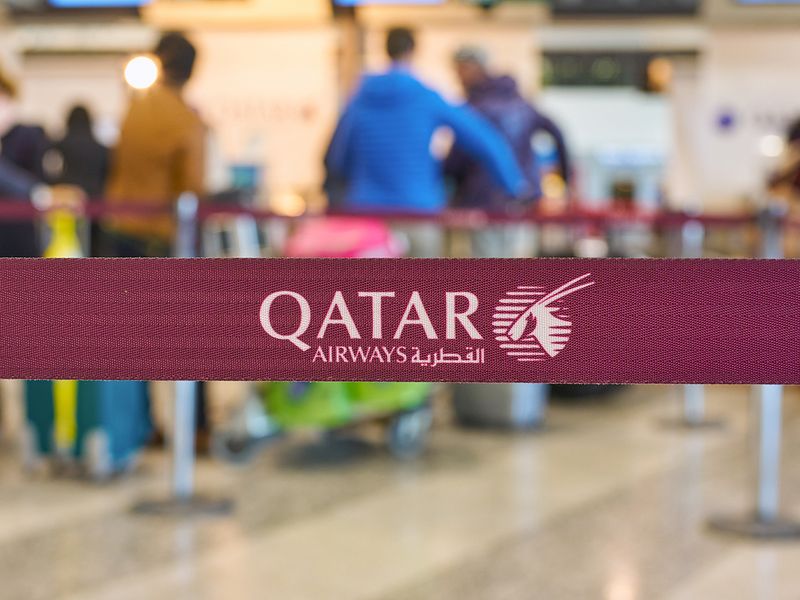
Airbus sees opportunities too
In delivering the ‘speedy trial’ order, the judge refused to order the European plane-maker to stop trying to deliver more A350s to Qatar Airways. Or – this is quite significant - to refrain from re-selling undelivered aircraft. This means that the company can try to trigger payment clauses as more planes are built as part of the order for Qatar Airways.
Airbus can also attempt to sell the A350s rejected by Qatar Airways to others. “It seems evident that Airbus has takers for these such as Italy’s ITA Airways and Air India,” said an industry source. “A speedy trial would be ideal for both parties.”
A slow-burning dispute
The issue began in November 2020, when Qatar Airways discovered that the paint was peeling off or missing on a five-year-old A350 jet. The airline also found cracks and damage to the plane’s lightning protection.
Qatar Airways then asked Airbus to determine the root cause of the defects. Following an inspection, the airline claimed that Airbus had not provided satisfactory answers to about 980 defects that it had found. On December 20 last year, Qatar Airways sued Airbus in the UK.
Meanwhile, Airbus has maintained that the damage to Qatar Airways' A350s is ‘purely cosmetic’, and that the airline is rejecting its proposed fixes without good reason.
‘Illegal’
During a recent virtual interview, Qatar Airways CEO Akbar Al Baker said the airline will let the UK courts come up with a resolution to the dispute with Airbus. The aviation industry veteran also accused Airbus of using its dominance in the single-aisle market to ‘bully’ its customers.
Al Baker said the airline’s new order for 50 Boeing 737 MAX aircraft will not replace the A321neos. “We have bought those for our subsidiary company - we feel that cancelling the A321s unilaterally by Airbus is illegal, and we will let the court decide on that issue.”
Bring back the A380
Qatar Airways will bring back the A380s into service to fill the gap left by the grounded A350s. “We are desperate for capacity to fuel the huge growth in passenger numbers Qatar Airways is facing over this period,” said Al Baker.
Key to A350's weight reduction
The A350 is a carbon-fiber jetliner and relies on metallic foil placed underneath a layer of paint on the surface to help disperse lightning safely over the fuselage. Using carbon fiber composites to build an airplane reduces its weight by up to 20 per cent, compared to the weight of a traditional aluminium body plane.
Airbus developed the A350 to compete with the Boeing 787 and was planned with three variants – the A350-800, -900, and -1000 in increasing capacity. It’s not just Qatar Airways that has faced surface degradation issues on its A350s. Abu Dhabi-based Etihad Airways, Finnair, Cathay Pacific, Lufthansa, and Air France have also raised concerns in the past.
A unique legal tangle
“We do see this issue of relationship between individual suppliers and airlines go through phases and they can be positively or negatively impacted by external events as well as internal events,” said Willie Walsh, Director General of IATA (International Air Transport Association) during a media briefing in January. “But I don't think anybody has seen an issue quite as bad as this.
“The industry will be watching very carefully how this plays out, and how Airbus responds to their customers.”



